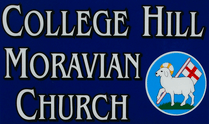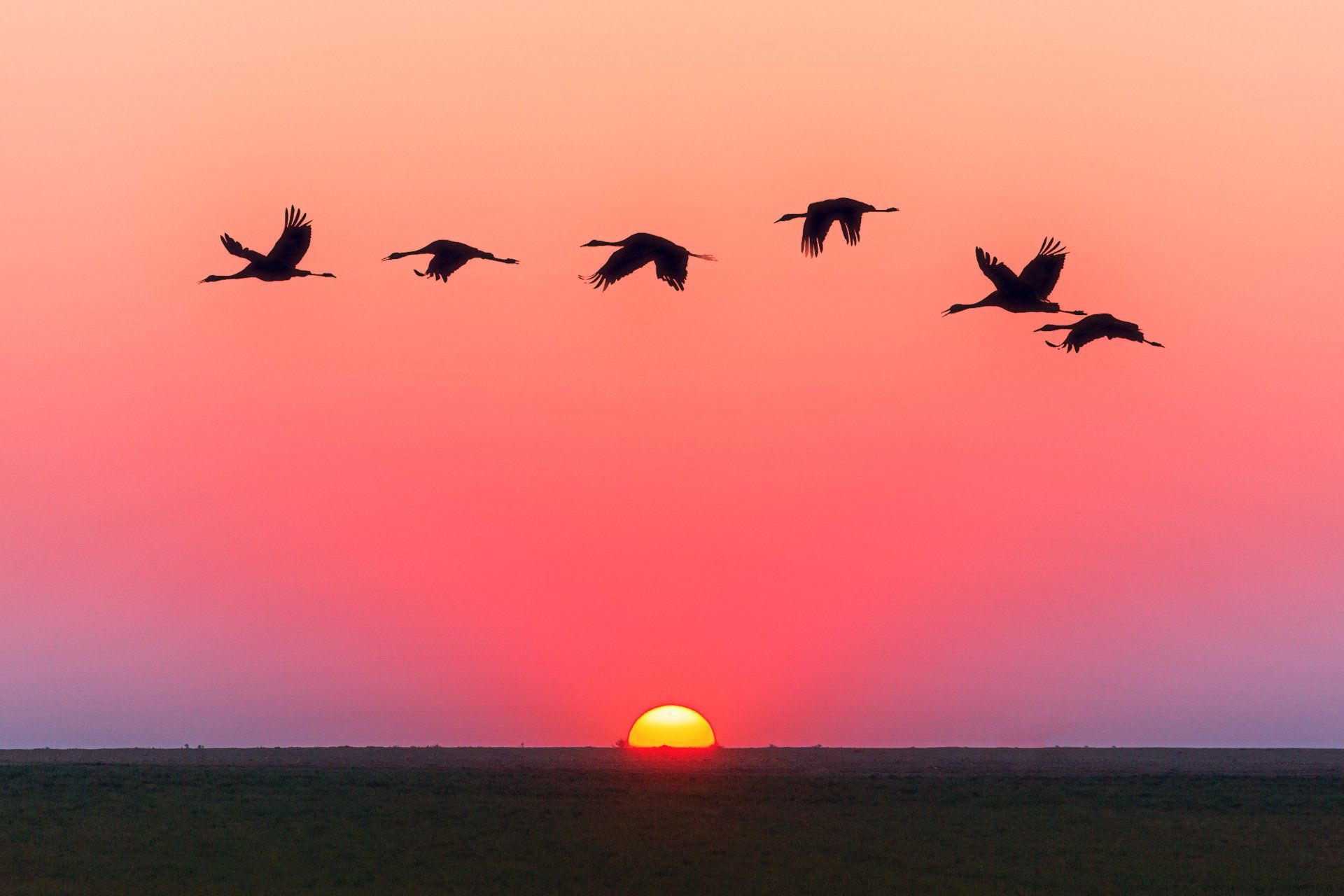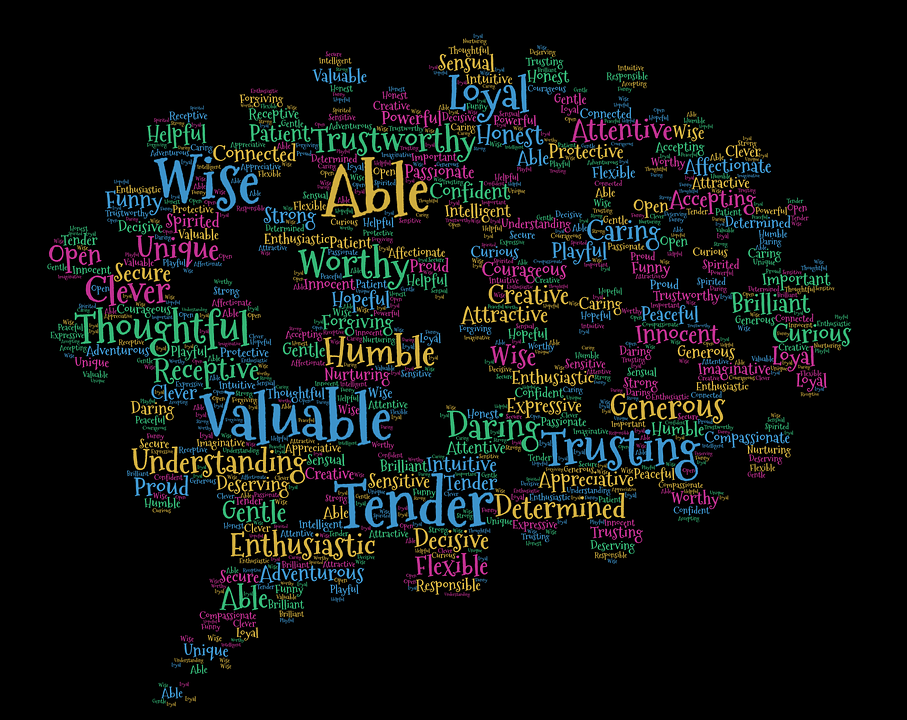Celebrating New Awareness

A random memory just popped up in my mind’s rotation : I’m 10-years-old or so, and I’m on an adventure with my Girl Scout troop. We are with throngs of people in the Milwaukee Arena for the Holiday Folk Fair International. We’re passing through a makeshift marketplace on our way to a stage where we’re going to watch Hungarian or Polish or German folk dancing, but we are distracted by the food vendors peddling kringles and kolachi, lefse and lutefisk, schaum torte and schnitzel. One of the girls has been here before and recommends that we all try the French crepes because they are c’est magnifique! Snippets of clarinet music rise above the crowd noise and then disappear back beneath the hum. A troupe of young people in gloriously embroidered costumes heads for the stage to tell a choreographed origin story. I’m in the thick of all this jumble, a little dizzy from the smells, the sights, the sounds, but, nevertheless, a bit jazzed by all the eclectic energy. I’m learning about the world—people, culture, traditions—and it’s heady. Turning away from the food vendors to the other merchants, I become intrigued by the exotic smoothness and the clacking-potential of a set of Spanish castanets. They become my souvenir of choice, the take-home treasure to keep this moment alive for years to come.
I’ve never been to a Juneteenth celebration before, but I’m planning to join in the public festivities this weekend. I imagine that I will get caught up in the momentum of it all, just as I did at the Folk Fair long ago. I expect that I will be enticed, entertained, and educated, all at the same time, especially through the food arts and the fine arts. Some jazz. Some step dancing. Some storytelling. I hope to be moved by the experience because that’s the purpose of cultural exchanges and interactions. I hope to be delighted. I hope to grow in my humanity.
The significance of Juneteenth is as new to me as it is to most of the White people I know—especially the ones not from Texas where the news of emancipation from legalized slavery was finally delivered in Galveston on June 19, 1865. But my awareness of slavery’s horrors has long been stirred through the arts. As a young teenager I wept my way through reading Alex Haley’s novel, Roots: The Saga of an American Family , and later watching the televised mini-series based on the book. As a young adult I wept my way through a spectacular live performance of the Alvin Ailey American Dance Theater’s signature ballet, Revelations. In more recent years I have wept my way through the movies 12 Years a Slave and Harriet.
I will never know what it was like to have been an enslaved person. Likewise, I will never know what it is like to be Black in this country, and to have my very existence in the present be so shaped by all that has transpired since 1619. It seems that it is only decent of me to cultivate empathy for the people of God with whom I share life—my neighbors in this community and this nation. As I seek more to understand than to be understood (Prayer of St. Francis), I increase in my capacity to be a stronger ally and a better community partner. I become a more deeply engaged disciple of Christ, better fortified to think, speak, and act with love.
Rejoice with those who rejoice, weep with those who weep. Romans 12: 15 (NRSV)
With Humble Hopes and Hallelujahs,
Pastor Chris
Worship With Us
We gather for worship on Sunday mornings at 10 a.m., and all are welcomed. You may join us on our YouTube channel (search for College Hill Moravian Church), or from our parking lot where the live service is broadcast over your car radio (tune to 98.5), or in-person in our sanctuary (please wear a mask and practice distancing). Our physical location is 72 W. Laurel Street in Bethlehem, Pennsylvania.
Blog










